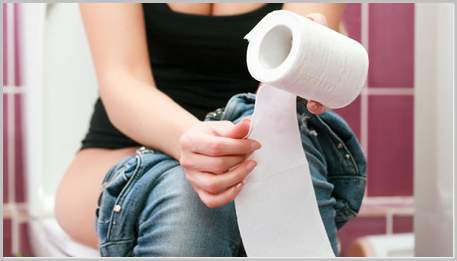Let’s talk toilets here. Do you produce floaters or sinkers when you feel the need to unload? No, don’t scuttle off to another article – you could learn something here. You’ve heard the saying, ‘You are what you eat,’ well, what you eat has an effect on your stools, and it can tell you what’s right – or wrong – with your diet. Here’s the scoop on your poop.

Floaters may be caused by gas in the stool, when you have a change in the diet. Perhaps you’ve suddenly started eating more high fiber foods, for example. Undigested fat will also make stools float. This could be an indication that your diet is too high in fat, or there could be a problem with nutrient absorption in your diet. Stools that result from malabsorption often leave a greasy film on the water and are rather large.
Try lowering the fat in your diet for a while, and see if this produces the desired combination of floater/sinker. If it doesn’t, speak to your doctor, so he can rule out any serious medical problems. A gastro-intestinal tract infection can also cause stools to float, so it’s important to get things checked out if you consistently produce floaters. People with cystic fibrosis, coeliac disease and some other conditions may have fatty, floating stools.
If you’re suffering from constipation, you may produce impacted stools which will sink because of their density and lack of moisture. You need to include more fiber, both soluble and insoluble, to bulk out the stools and get your digestive system working properly again. And drink more water. The bowel and colon need water to work efficiently, just like the rest of your body.
The truth is, a healthy stool is neither a sinker or a floater – it’s a combination of the two. If you’re in good general health, you’ll pass some sinkers, some floaters and some that seem to just sit in the water, neither floating nor sinking. As long as your bowel motions are soft, fairly bulky and easy and painless to pass, and there’s no sign of blood or excessive mucus in the stools, everything is well down below.
If you have any concerns at all about your bowels, check it out with your doctor. While there are many so-called ‘experts’ who are prepared to pontificate on your poop and what it means, only a health professional can assess whether you have a problem or not.

